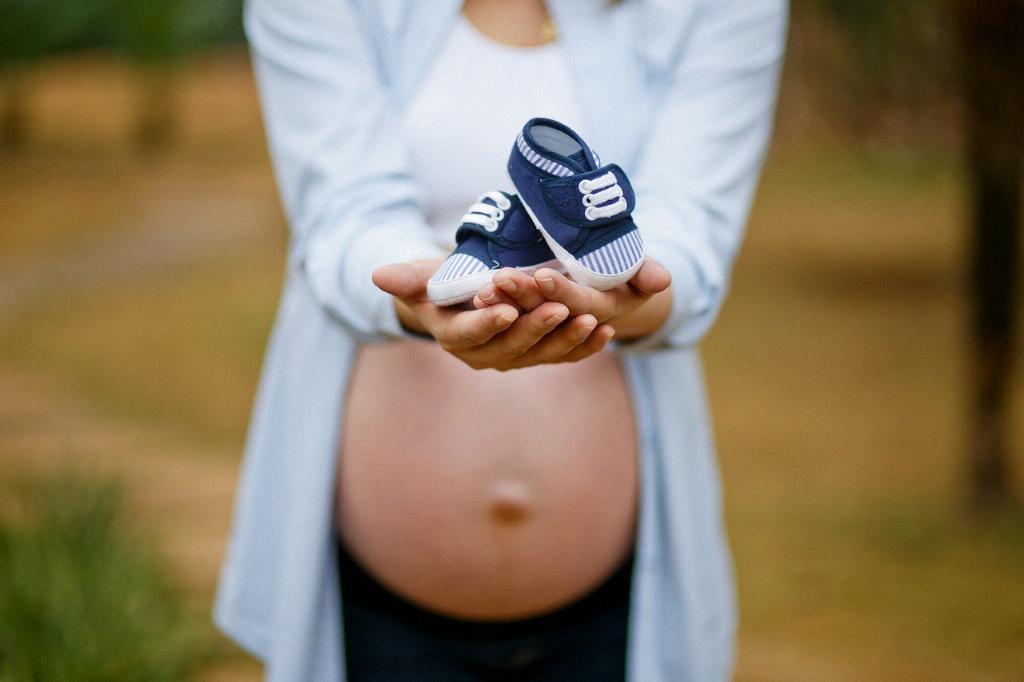When it comes to pregnancy, many women become extra cautious about what they put into their bodies. It’s only natural to want to make healthy choices for yourself and your little one. One common question that often arises is whether it’s safe to consume Starbucks Matcha Latte during pregnancy. Let’s delve into the details to provide you with a comprehensive answer.
Understanding Matcha and its Benefits
Matcha is a type of green tea that is finely ground into a powder. It’s known for its high concentration of antioxidants, which can help boost your immune system and provide a natural energy lift. Matcha also contains a compound called L-theanine, which promotes relaxation without drowsiness.
The Concerns About Caffeine
One key consideration when it comes to consuming Starbucks Matcha Latte during pregnancy is the caffeine content. While matcha does contain caffeine, it’s typically lower than that found in a standard cup of coffee. However, it’s essential to keep track of your overall caffeine intake during pregnancy, as too much caffeine can potentially harm the baby.
Expert Recommendations on Caffeine Intake
According to experts, pregnant women should limit their caffeine intake to around 200-300 milligrams per day. This equals roughly one to two cups of coffee. With a Starbucks Matcha Latte containing around 80 milligrams of caffeine per serving, moderate consumption is generally considered safe for pregnant women.
Considering Individual Sensitivities
It’s essential to remember that every pregnancy is unique, and individual sensitivities can vary. Some women may find that even a small amount of caffeine affects them differently during pregnancy. If you’re unsure about how your body reacts to caffeine, it’s always best to consult with your healthcare provider.
Benefits of Matcha During Pregnancy
Despite the caffeine content, matcha offers several potential benefits for pregnant women. Its high antioxidant levels can support your immune system, which is especially crucial during pregnancy when your body’s defenses may be more vulnerable. The calming effects of L-theanine found in matcha can also help alleviate stress and anxiety.
Alternative Options for Decaffeinated Matcha
If you’re concerned about the caffeine content in regular matcha, you can opt for decaffeinated versions instead. Many brands offer decaf matcha powder, allowing you to enjoy the health benefits of matcha without the stimulating effects of caffeine. This can be a safe and enjoyable option for pregnant women.
Listening to Your Body
As with any food or beverage during pregnancy, it’s essential to listen to your body and pay attention to how you feel after consuming Starbucks Matcha Latte. If you notice any adverse reactions or discomfort, it’s best to discontinue consumption and consult with your healthcare provider.
Consulting Your Healthcare Provider
Ultimately, the decision to drink Starbucks Matcha Latte during pregnancy should be based on your individual health circumstances. It’s always a good idea to discuss your dietary choices with your obstetrician or midwife to ensure that it aligns with your overall pregnancy wellness plan.
Final Verdict: Enjoy in Moderation
In conclusion, drinking Starbucks Matcha Latte in moderation is generally safe for pregnant women, considering its moderate caffeine content and potential health benefits. By being mindful of your overall caffeine intake, listening to your body’s responses, and consulting with your healthcare provider, you can enjoy a delicious cup of matcha while nurturing yourself and your baby during pregnancy.
Stay Informed and Healthy
Remember that maintaining a balanced and healthy diet is crucial during pregnancy. Keep yourself informed about the foods and beverages you consume, seek guidance from trusted healthcare professionals, and prioritize your well-being to ensure a smooth and healthy pregnancy journey.

